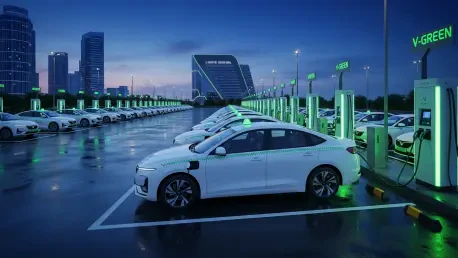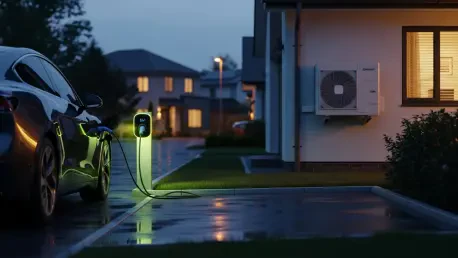
An Unprecedented Surge The Core of India's EV Transition India stands at the precipice of an automotive revolution, poised to become one of the world's largest electric vehicle markets in a shift that hinges entirely on its ability to scale its battery supply chain at an unprecedented rate. A new

Despite a concerted Western pressure campaign designed to choke Moscow's oil revenues, India's imports of Russian crude are not only holding steady but are projected to reach a six-month high, revealing a fascinating and deep-seated division among the nation's most powerful refiners. This

A striking divergence in the global energy transition has defined the landscape of 2025, revealing a clear East-West divide in the momentum toward cleaner power generation. While major Asian economies have made significant, measurable strides in decarbonizing their electricity systems, the United

A solitary drone strike against a single mooring point in the Black Sea has triggered a seismic shift in Central Asia's energy landscape, forcing a major oil producer to pivot its exports eastward overnight and revealing the profound fragility of the world's interconnected energy supply chains.

A landmark agreement has set the stage for one of the most significant infusions of foreign capital into South India, as Vietnamese conglomerate Vingroup signed a Memorandum of Understanding with the government of Telangana to commit a staggering $3 billion investment. Announced at the prestigious

The familiar hum of American life is growing louder than ever before as the nation grapples with shattering its all-time electricity consumption records, a surge fueled by a perfect storm of technological advancement and societal change. This escalating demand carries profound implications for the